
About JEF
The goal of the Young European Federalists (JEF) is the creation of a democratic European federation as a crucial ingredient for peace, a guarantee for a more free, just and democratic society. JEF promotes true European Citizenship, works for the widening and deepening of the EU and strives for a more just and integrated society on the European continent. It is independent from all political parties and ideologies and pursues its objectives autonomously. (www.jef.eu)
About MovEurope
MovEurope Forward! is a pan-European campaign focusing on the European Parliament elections of May 2014. MovEurope Forward! aims at informing and raising awareness on the EP elections to give (young) citizens the necessary input for making an informed decision and for fully embracing their European citizenship. The campaign brings together citizens, candidates to the EP elections and European decision-makers and encourages dialogue and exchange on selected topics. Citizens will be involved in the formulation of policy proposals and recommendations that will be collected in a final publication. The outcomes of MovEurope Forward! will be presented to European policy makers, with the final aim of moving issues of particular concern to young people to the top of the political agenda. The campaign targets young people in particular, whose participation in the EP elections is dramatically low (29% in 2009).
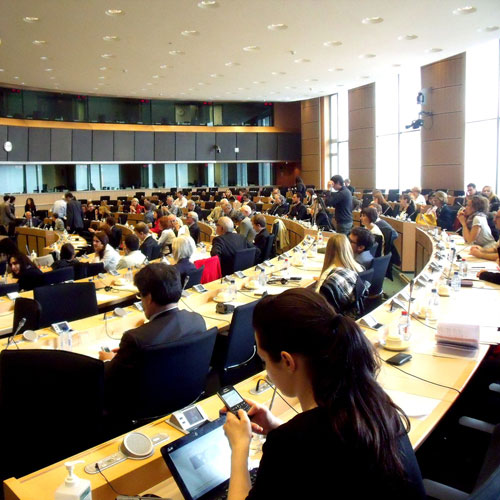
Social rights
Member states of the European Union have a legal obligation to respect, protect and fulfill economic, social and cultural rights of its citizens. They are expected to take “progressive action” towards their fulfillment, however the crisis has led to the reduction of the resources made available to this end. What are the missing tools to guarantee full access to social rights for the European citizens? Do we need European or national minimum wages? Will the youth guarantee solve the problems of today? Should health and welfare be guaranteed on a European level?
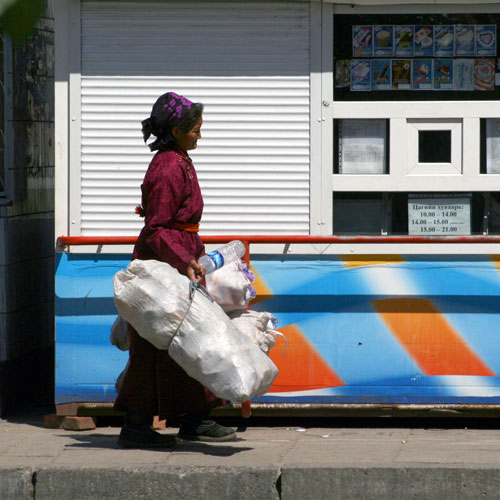
Migration
Migration is at the core of the political debate in Europe and continues to create tension between political parties and society in general. Efforts have been made to address migration and asylum issues in a coherent way at EU level. But is it enough? Is building a wall around Europe a solution to today’s migration problems, or do we opt for visa-free travel for all? Should minority rights be guaranteed for everyone entering the EU? How do we stop human trafficking?
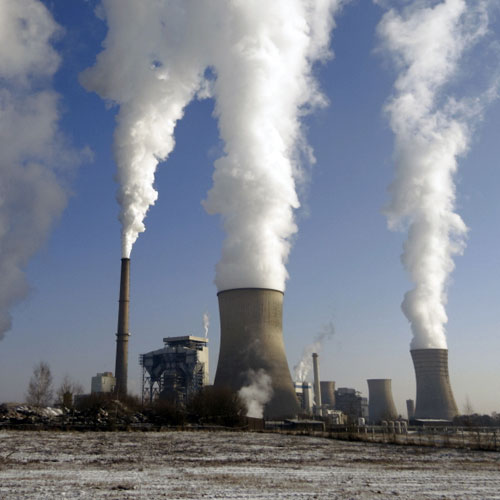
Climate justice
Having reached its peak before the global Climate Summit in 2009, environmental issues, and the fight against climate change have moved to the bottom of the agenda for the majority of the European countries. The European Union – having established a Directorate-General for Climate Action in 2010 – aims to be at the forefront of international efforts to combat climate change, but is this really the case, let alone enough? How can we minimise the gap between the winners and losers of climate change? How to improve the emission trading system? Should we continue to invest in nuclear energy, or focus more on green innovation?
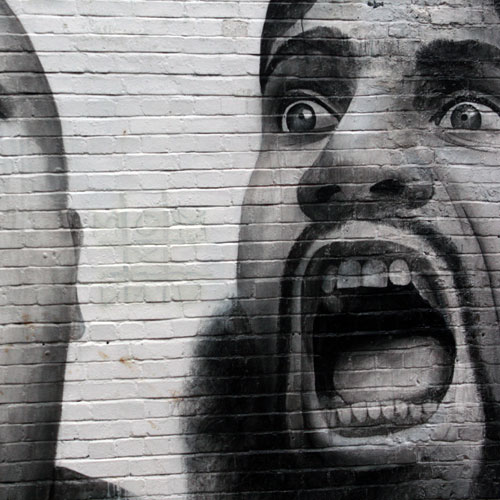
Rise of populism and extremism
Populist and extremist movements are popping up like mushrooms overnight all over Europe, creating and feeding into a climate of fear. European states are increasingly inward-looking to find internal solutions for problems that by no means can be solved within national borders. How can we reverse this downward evolution? What is the role of education in the fight against extremism? How can we restore trust in the European project, eliminating the ground for populist and extremist rhetoric?

Education
Education is paramount to create a reflex of critical thinking among citizens and awareness on topic which are of concern to them. Lack of recourses allocated to quality education, both formal and non-formal, creates inequalities and particularly affects the weaker in society. What is the responsibility of the European decision-makers in guaranteeing equal access to quality education? What alternatives are there to higher education? Should the education system be harmonised all over Europe?
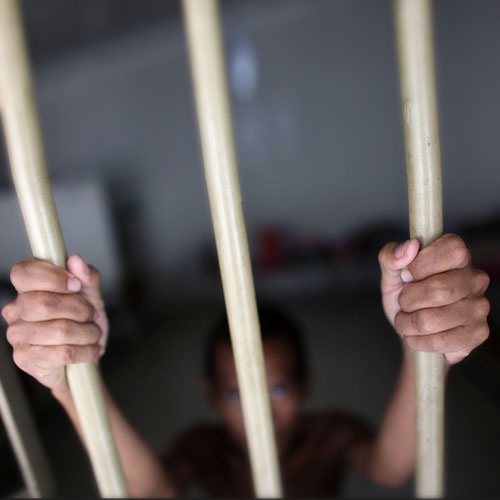
Civil rights
Protecting European citizens’ fundamental rights must be a key concern for European policy-makers. The rights of children and persons with disabilities, freedom of expression and privacy, the right to property, access to justice and free movement are of utmost importance in the construction of a tolerant and united European society. How can civil rights be effectively ensured for all minorities? Can citizens be legitimately deprived from certain freedoms? Where is the balance between security and privacy?

Economic crisis
Europe is on a crucial turning point: on the one hand this tremendous economic crisis could become an opportunity for the creation of a more united and better Europe for all citizens to live in, on the other hand a mishandling of the crisis could also put the existence of the European Union at risk. Have the European leaders done enough to put an end to the crisis? Where is the balance between austerity and growth? Is the Banking Union the way to go? How can we create more jobs?

Media freedom
Some European countries suffer significant interference of political power aiming to exercise a total control over the media, or excessive concentration of media leading to a strong influence of economic interests over political processes. Other countries experience a dangerous overlap and centralisation of economical, media and political interests. Without independent and pluralistic media citizens are deprived of the right of keeping the political power accountable. Do we need a European monitoring system to ensure a free media? Should media be controlled? How can pan-European media contribute to European democracy?
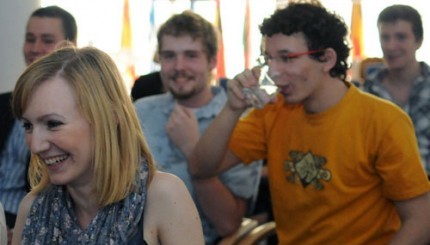
Youth unemployment
Young people are the age-group who has suffered the worst consequences of the economic and financial crisis. Youth unemployment has now reached unprecedented levels, particularly in Southern European countries, such as Spain where more than 55% of young people are out of work. Is the youth guarantee the solution? Are acquired qualifications sufficiently recognised? How can innovation and entrepreneurship alter the status-quo, and should enterprises be empowered to take responsibility?
